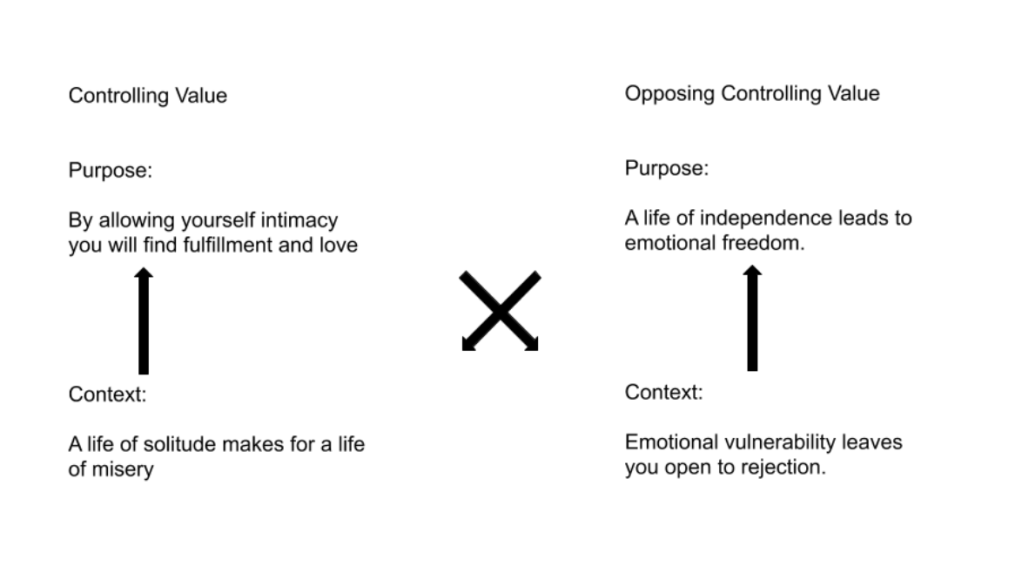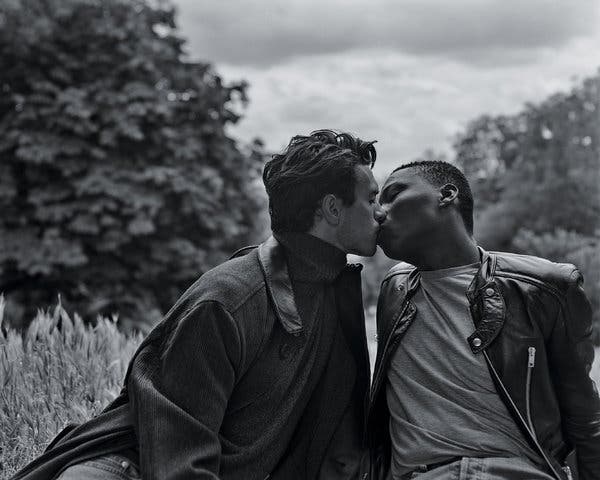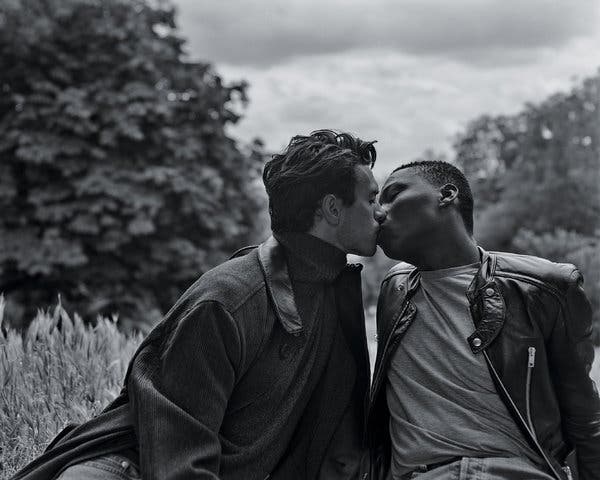I don’t normally think about cultural codes or symbolic codes, or how fiercely they rule our day-to-day living of life. Like any other human being, I let life operate around me and I follow the unspoken rules it writes in front of me. Except in this course. Here, I have to identify these codes and how they operate within stories like Giovanni’s Room. And once you start to notice these unspoken rules, you see them everywhere in life and your thinking starts to change.
But let me explain these codes a bit further. Kaja Silverman in “Re-writing the Classic Text” likens the symbolic code binary opposites. She further explains that they “are central to the organization of the cultural order to which they belong,” and they are “entrusted with the maintenance of that order’s dominant binary oppositions” (270). So symbolic codes operate within a binary opposite that is reinforced by a cultural code. For example, Giovanni’s Room holds a number of symbolic codes: straight vs not-straight sexual orientation, trusting vs closed-off, and acceptance vs repression. In some way, Baldwin grapples with each of these binaries (and many others) through the novel. Each binary is also reinforced by some cultural code that is operating behind it. Recently I had been confronted with this binary of silence vs noise. I had encountered it in Audre Lorde’s essay “The Transformation of Silence into Language and Action.” In it Lorde writes:
“I was going to die, if not sooner then later, whether or not I had ever spoken myself. My silences had not protected me. Your silences will not protect you. But for every real word spoken, for every attempt I had ever made to speak those truths for which I am still seeking…”
(41)
Here, Lorde likens silence to death. By not making any noise you will die, even if it is just a part of you. And as I read this I couldn’t help but think about David. For the entirety of Giovanni’s Room, David doesn’t acknowledge the side of him that is intimate with other men. He denies it, silences it. And that very silence leads to the death of their relationship, Guillaume, and ultimately, the death of Giovanni. And Giovanni tries to make noise, he tries to tell David and make him finally aware of this part of him. In their final argument and interaction, Giovanni cries out to David:
“… you do not want to stink, not even for five minutes, in the meantime. […] You want to leave Giovanni because he makes you stink. You want to despise Giovanni because he is not afraid of the stink of love.”
(141)
Giovanni is desperate for David to hear him. Desperate for David to acknowledge this side of him. He talks about this “stink”, the stink, and grotesqueness of loving another man. Even in this moment, despite how much Giovanni loves him, he knows that this is how David sees their relationship.
It’s this idea of “stink” that leads us into the cultural code. This is that unspoken rule in society that humans are expected to follow. It is “socially unacceptable” to love another man, to be in love with someone that isn’t of the opposite “sex” or “gender.” Loving another man has become a stink, immoral, and inhuman. Each of these is reinforced by people’s adherence to the rules. The change wouldn’t happen if people didn’t make noise. If every man that wanted to love another man repressed, ignored, and suffered in silence with these ideas than nothing would have ever changed. It’s people like Giovanni who are able to make noise and want to openly love that disrupt cultural codes. Which leads me into the network of controlling values. The network is the inter-workings of a purpose and context and then an opposing purpose and contrast respectfully referred to as the controlling value and opposing controlling value. The context is intensely negatively charged while the purpose is positively charged. Each is connected and influences the other and is dominated by a surrounding cultural code. Controlling values are difficult to identify and even more difficult to get “right” because they are ever-evolving. For Giovanni’s Room, I started at the cultural narrative that calls for the network of values. I began with how each character has to find a way to operate in a heteronormative society and survive. I identified the following as the network of controlling values:

This network is ruled by the cultural operations within a heteronormative society. The cultural code calls for people do identify with a specific gender or sex or sexual orientation. As Giovanni compares his and David’s relationship he is speaking in agreeance with the cultural code, despite the fact that the doesn’t believe it himself. It’s Giovanni’s attempt to get David to understand their relationship, and maybe, hopefully, to accept it. But David fails to do that. By not responding, and choosing silence, David agrees to that life of solitude and independence. He’ll fool himself into believing that life alone leaves him free when really, his miserable. He’s miserable because he’s now destined to life loveless.
Written by Angelina S.
Posted by Paige S.



Leave a comment